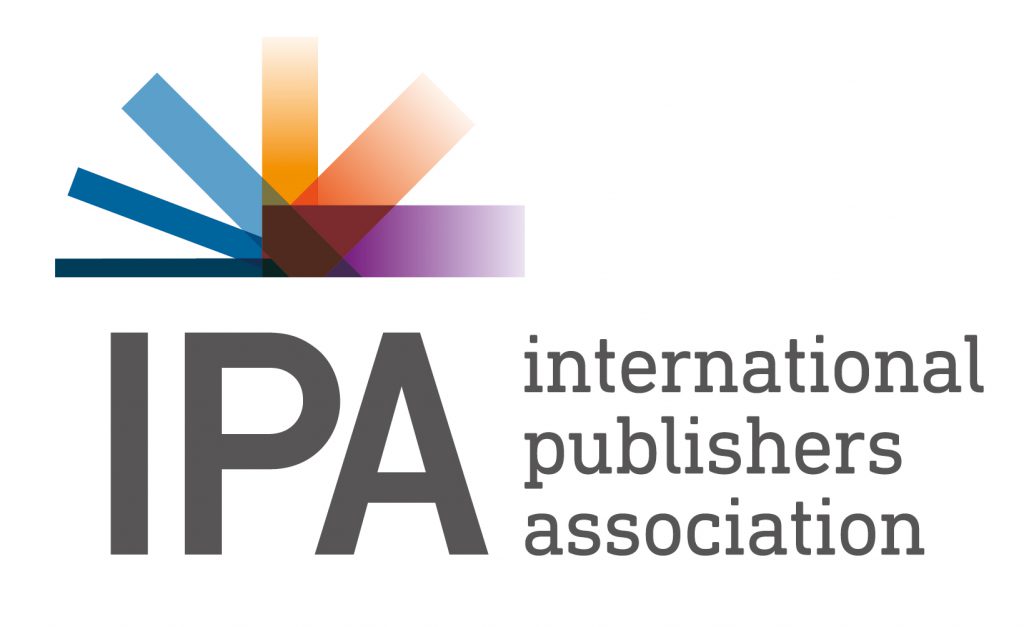To save the commander in the story from being censored, he decided not to publish it officially. So, he created a PDF file out of his manuscript and put the book on his blog for free download. In the first page he explained the reason why he couldn’t publish his book in the traditional way and put his bank account details if anyone wanted to make a voluntary payment.
It was both sad and exciting; he took control of his book and connected directly with the reader. He could not even have an ISBN but he had a considerable number of readers as a blogger and many people downloaded his book and paid. What happened to him you might want to know. Last year he published his fourth book in the same way. I am sure he is not earning good money and there is no marketing and promotional strategy set for his books; no book launch or book signing event either. However, he publishes what he writes and never gives in.
Nonetheless, he is an exception. Not all writers can afford to make their work available free of charge on the internet, and not all of them are popular bloggers with a totally different full time job to pay for their lives.
On the other hand, restrictive rules and regulations do not allow for any special platform to provide a self-publishing service. Every book must go through the scrutiny mechanism of the Ministry of Culture and Islamic Guidance Book Office and get a permit. Failing to get that permission and still publishing the book puts you in jeopardy.
Let’s not forget that it’s not always due to problems at home. Iranians are excluded from many international services due to International or American sanctions. It means no Amazon or Lulu are available inside Iran and because there is no banking relationship with Europe and the US and no one has access to credit cards, it makes it impossible for self-publishing to take off in the country. But what if, for one second, we erase how the internet and digital publishing are tied up with with self-publishing in the west and think of going to hidden printing houses and underground publishing?
If you are in the literary community in Iran, it is no surprise to see a table full of underground published books in the corner in parties these days. Small groups of authors and translators gather together, create a publishing name, find a trustworthy printing house and publishing their own books with their own style. The safe market of course to sell them, is gatherings of trusted people in the circle.
The other market to find underground or forbidden books in Iran is street sellers. The most popular location for them is Enghelab (Revolution) street in the center of the Tehran just in front of one of the oldest modern universities in Iran, Tehran University. Enghelab street is the heart of publishing industry in Iran with tens of bookshops and publishing houses based there. You can find almost any sort of book there from fiction, non-fiction, textbooks, second hands, to self-published and banned books!
With the network functioning in the streets selling controversial titles that cannot be sold in an ordinary bookshop, we have a gang that in the eye of both government and the author are violating laws and rights. However, the dilemma remains: Is it good or bad that they return the books stolen from public back to their readers?

